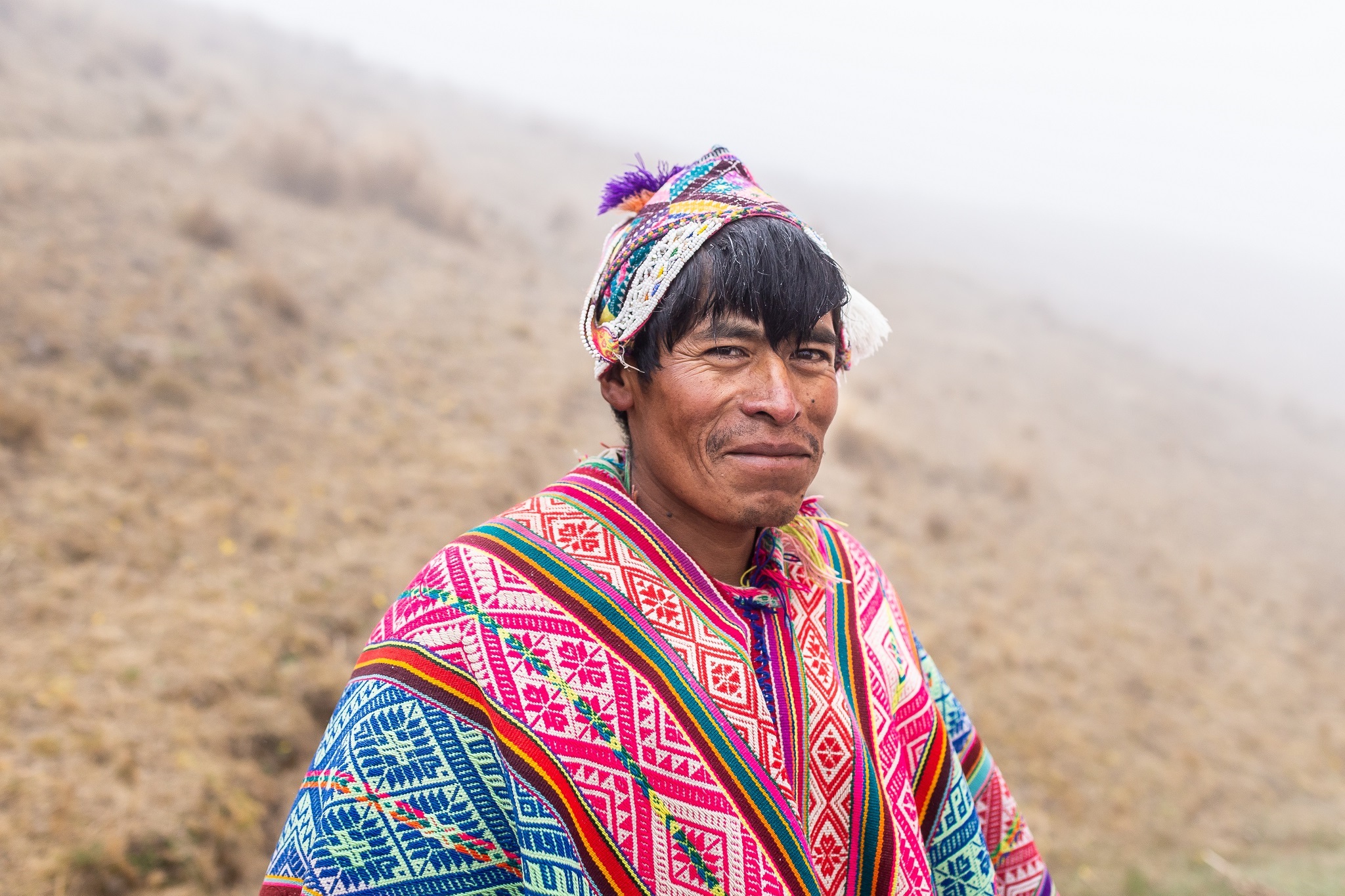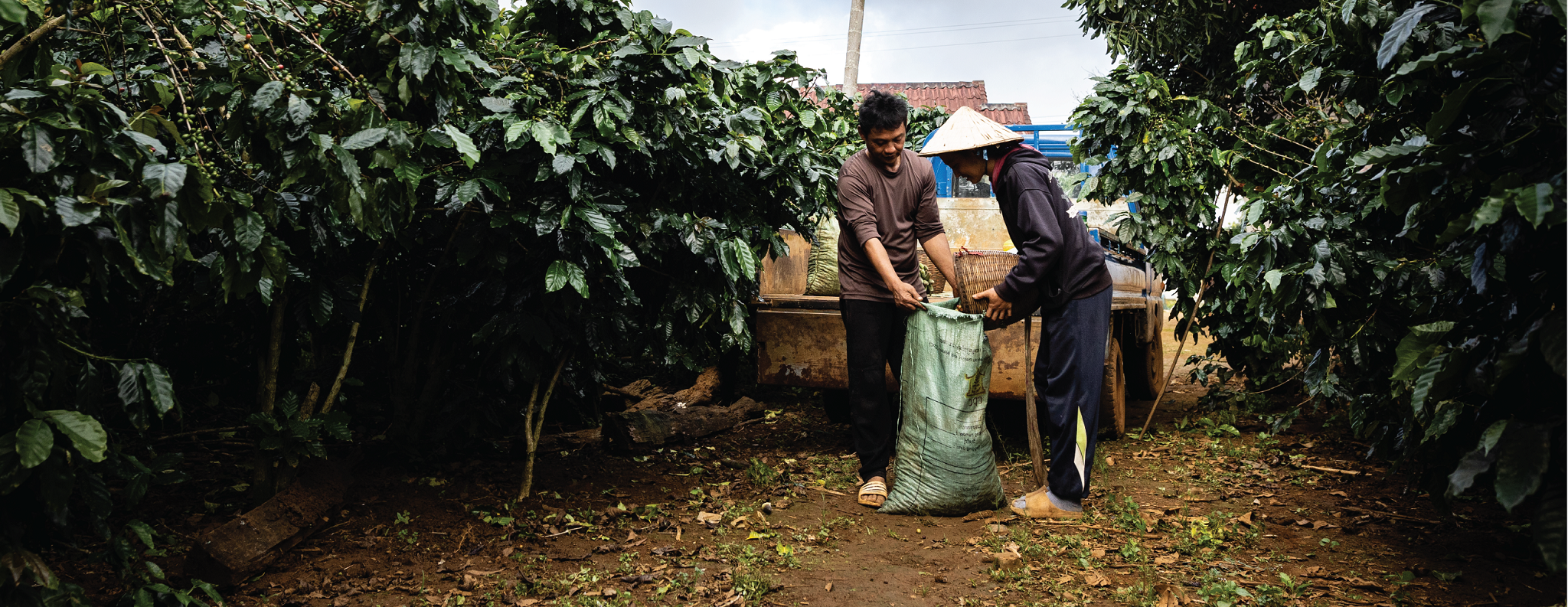
From Laos to fair trade marketsThe power of collective action for coffee sold at a fair price
From Laos to fair trade marketsThe power of collective action for coffee sold at a fair price
For small coffee farmers in remote parts of Laos, finding buyers who pay a fair price can feel almost impossible. That's why many of them join cooperatives. On the fertile Bolovens Plateau in southern Laos, the CPC cooperative buys the harvests of around 700 coffee farmers. Thanks to the cooperative, its producers have been able to improve the quality of their coffee, gain access to fair trade markets, and in the process, transform their livelihoods.
The Bolovens Plateau is home to several ethnic minority communities who still live in traditional ways – and often in poverty. Its tropical climate, moderated by altitudes between 1,000 and 1,300 metres, brings steady humidity and cool temperatures. These conditions are perfect for lush vegetation and agriculture, with coffee farming in particular driving much of the local economy.
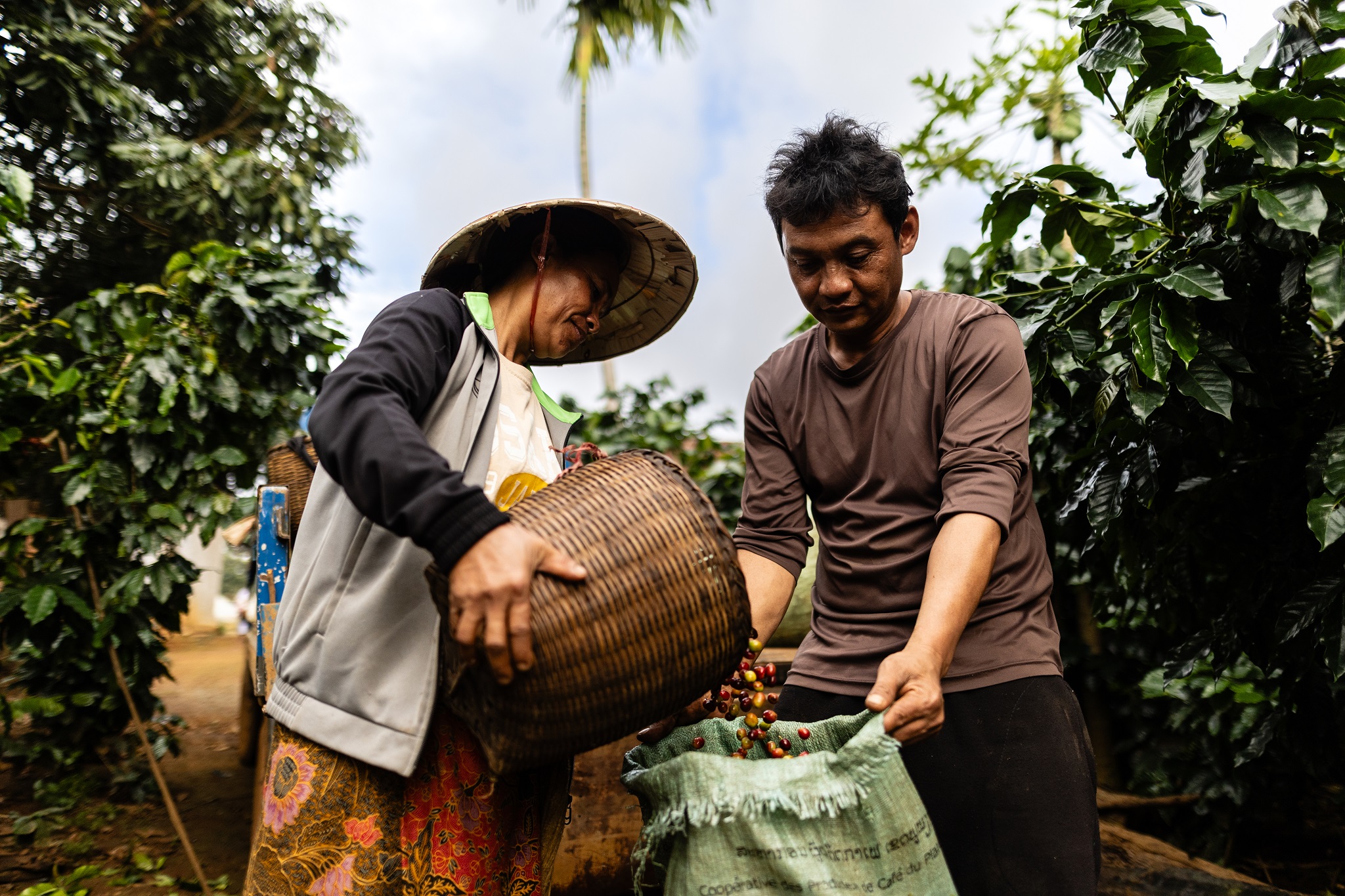
Why joining forces is so important
Coffee is now Laos’ fifth-largest export, with Lao Robusta especially prized. A full 95% of all coffee grown in the country comes from the Bolovens Plateau – also home to the CPC (Bolaven Plateau Coffee Producers Cooperative).
Before joining CPC, its farmers faced the same struggles as millions of small-scale producers worldwide: low yields, limited bargaining power, and dependence on intermediaries who paid unfairly low prices. Many were isolated in remote areas, selling small volumes to middlemen who pay far below market value.
How the cooperative makes a difference
For farmers, the best way to break this cycle was to join a cooperative like CPC. The cooperative supports its members in various ways, including the following:
- It pre-finances their harvests, i.e. it provides essential pre-financing, giving farmers an advance that enables them to invest in their farms.
- It provides them with technical support, which has resulted in more abundant and better-quality harvests.
- It helps them obtain certifications (see below).
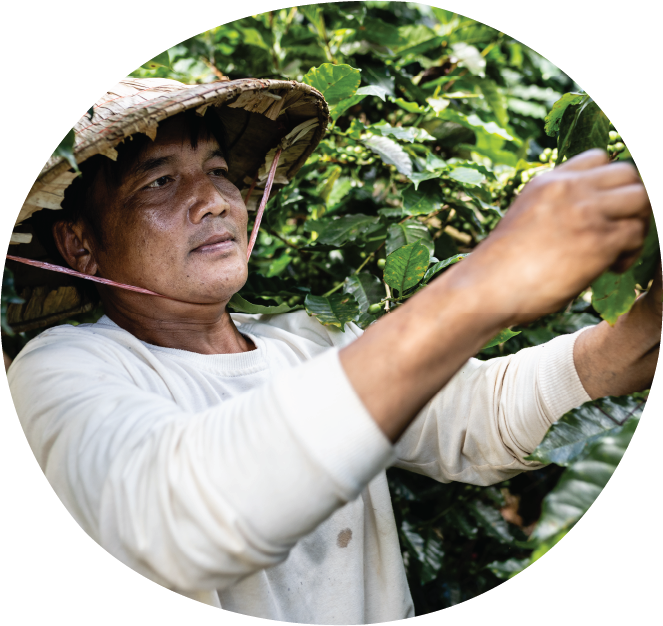
“Before, everyone worked alone. Now, with the cooperative, we form a collective and process the coffee together, which works much better."
Certification brings better prices
By joining forces, CPC members are strong enough to negotiate with international buyers. And if the cooperative can buy their production at attractive prices, it is mainly because – thanks to Alterfin's funding – its coffee farmers have been able to obtain “organic farming” and “fair trade” certifications. Sayakone Onnaly, CPC's Managing Director:
“Certification gives us better access to the market, and the premiums we earn allow us to carry out projects that benefit our communities.”
Benefits that go beyond farming
In 2023, Alterfin conducted an in-depth study on the impact of its support for CPC. The findings were striking: 96% of CPC members have seen their economic situation improve since joining the cooperative.
Higher yields, better quality coffee, and access to fair trade markets have generated more income – with benefits spreading beyond individual families to the whole community.

“Thanks to the cooperative, we now have good roads, a new school, and a small hospital in our community. We’ve also created a fund so members can borrow at low interest rates. And CPC provides technical support for soil management and processing.”
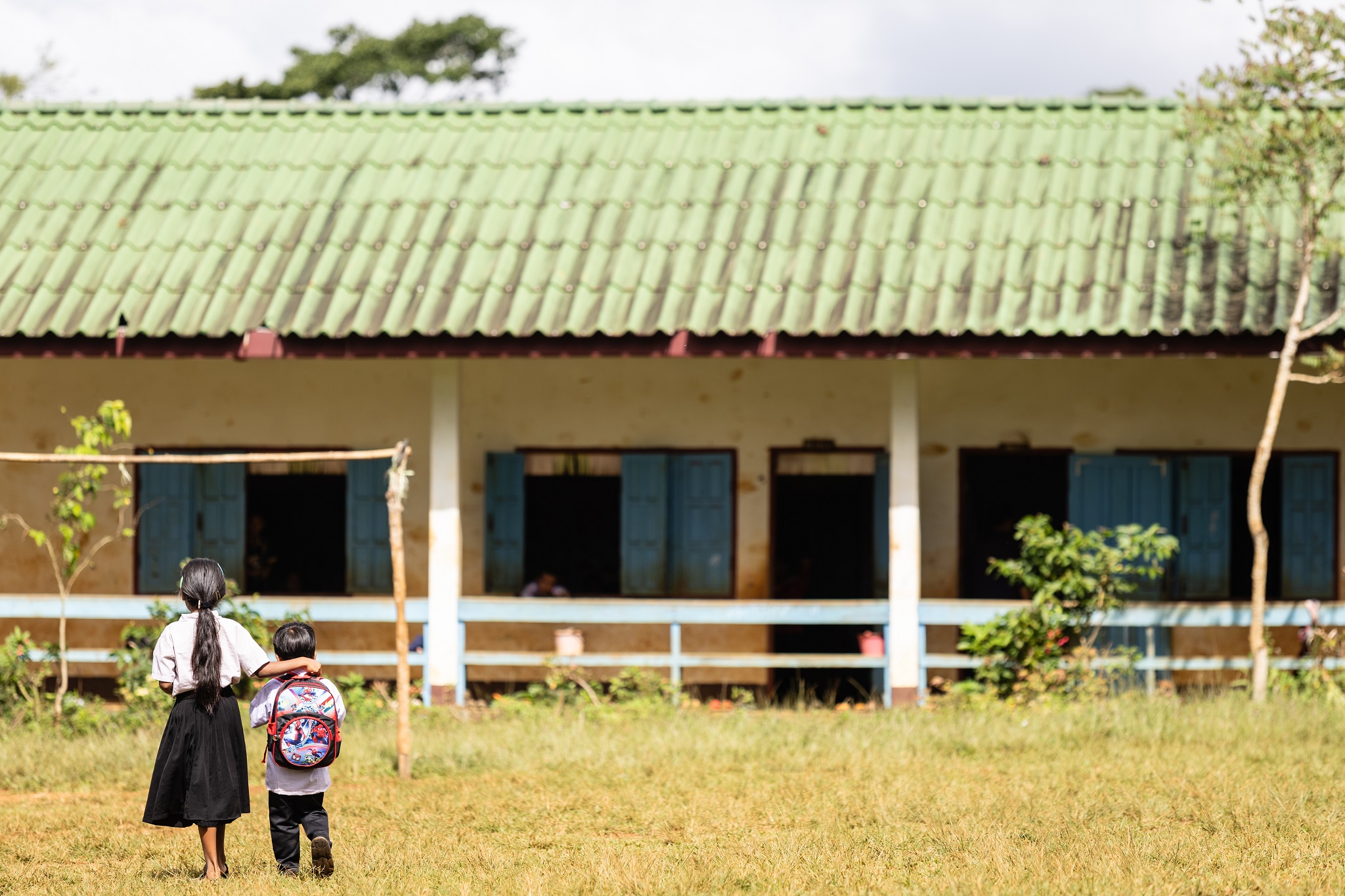
A virtuous circle
When Alterfin first became involved in 2009, CPC lacked the cash flow to pre-finance members’ harvests – a critical gap, since farmers cannot wait until after their coffee is sold to receive their income.
This financial support sparked a virtuous circle: today, our presence and the growth in production have attracted another international investor and new buyers.
The story of CPC shows that with the right technical and financial support, small-scale farmers can conquer global markets while protecting their environment and strengthening their communities.
That’s why market access is one of Alterfin’s core impact pillars.
For 30 years, we have supported dozens of cooperatives like CPC, opening doors to fair, sustainable markets for tens of thousands of smallholder farmers.
Watch the video about CPC
TestimonialS
FAQ title
FAQ description
Humundi, Rikolto & Alterfin Campaign
Join us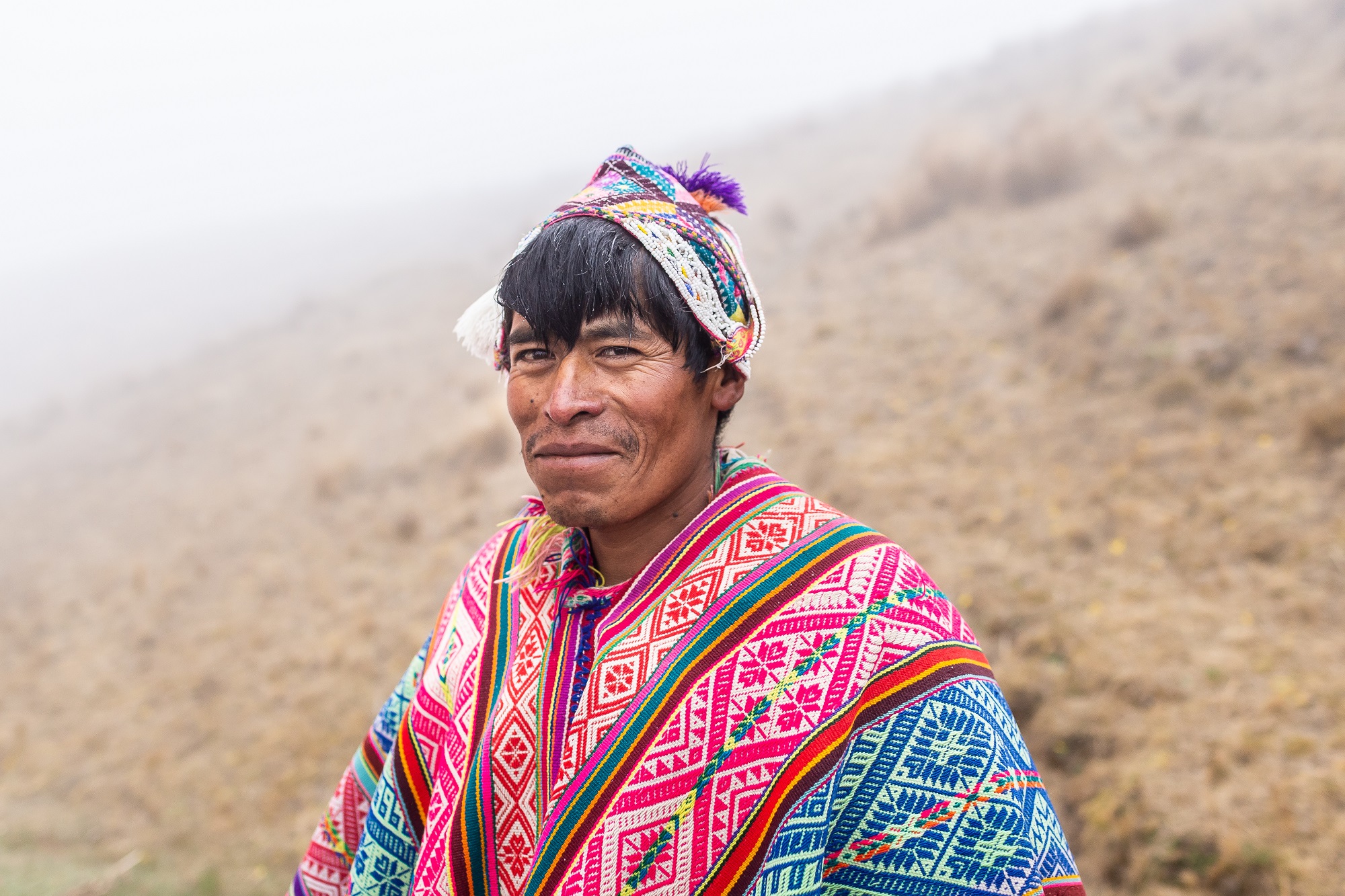
more news from alterfin
DIDN't find what you're looking for?
Read our FAQs or contact us.


.jpg)
